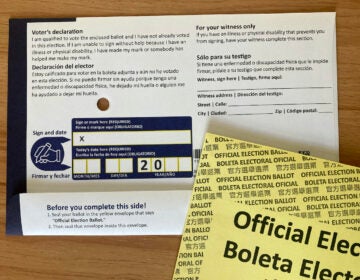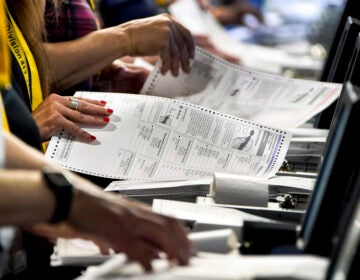Why deficits and the national debt matter
Should we worry about large U.S. budget deficits and the growing national debt or not? I’m a worrier, but I get criticism asking “What’s the problem?” Interest rates remain at record lows; the U.S. government can borrow at almost no cost. In this environment, why shouldn’t the U.S. try to stimulate our too-slow recovering economy by borrowing and spending more? Why shouldn’t the U.S. pursue a social and economic justice agenda, assisting Americans with the greatest needs without worrying about the costs which can be deferred by additional borrowing?
Here’s why I think we should all be worrying about federal debt and deficits. Having already borrowed $15 trillion, an amount greater than the U.S. gross domestic product, the U.S. government is constantly and regularly having to make good on its debt obligations as they become due. That’s no problem if the lenders can be persuaded to re-lend the amounts they are due, or if new lenders are willing to loan new capital to the U.S. government to replace the funds being paid out to old lenders.
How come, given our trillion dollar annual deficits and constantly increasing national debt, there has been no shortage of lenders still willing to lend their capital to the U.S. government at record low interest? The answer is that the risks of lending to the U.S. remain lower than lending to anyone else. The economic crises in Western Europe are scarier than that in the U.S. Japan, still recovering from nuclear disaster, remains vulnerable and dependent on imports of energy, food, and raw material. China has a growing economy but an undemocratic political system of uncertain stability.
As long as those conditions in the world continue, the U.S. will continue as the safest place for lenders to invest their capital, even at low or no interest. But what if something changes?
What if Europe somehow succeeds in overcoming its economic crises, perhaps through greater political unity and economic controls? What if Japan or China develop in ways that make them more attractive and secure places to invest capital? Or what if something bad happens in the U.S.? As U.S. debts fall due, lenders will be less willing to renew their lending, and new lenders will be less willing to lend to the U.S., without higher interest rates to make U.S. debt more appealing than that of other countries.
Higher interest rates on U.S. debt will increase our annual deficits and accelerate the growth of the national debt, potentially triggering a spiraling crisis of confidence like that we have seen in Greece, Ireland, Italy, Portugal, and other European countries. And as we have seen in those countries, the crisis of confidence can reveal itself in rising interest rates not over years, not in months or weeks, but suddenly over a few days or hours.
Unlike the European countries which have recently experienced debt crises, the U.S. does not have a larger entity waiting in the wings ready to bail us out with outside capital. If we try to respond to market demand for higher interest rates by, in effect, turning on the printing presses and printing more dollars, that will only deepen our economic crisis and spread economic panic.
Who thinks that’s a risk we should take? Who’s willing to bet the republic that the U.S. will always be the safest place in the world to invest capital, that we’ll always be the lowest cost borrower in the world?
It’s a risk and a bet that I’d prefer not to make. Common sense says that we can’t continue to operate on trillion dollar annual deficits forever, running up the national debt to successively higher and higher record levels.
We know that Medicare and Social Security costs must rise as our population ages and more baby boomers retire. Neither cutting costs nor raising taxes by itself will be sufficient. I respectfully disagree with those who say we only need to do one or the other.
We need to do both, and the Simpson-Bowles National Commission on Fiscal Responsibility and Reform shows us the way forward.
WHYY is your source for fact-based, in-depth journalism and information. As a nonprofit organization, we rely on financial support from readers like you. Please give today.




